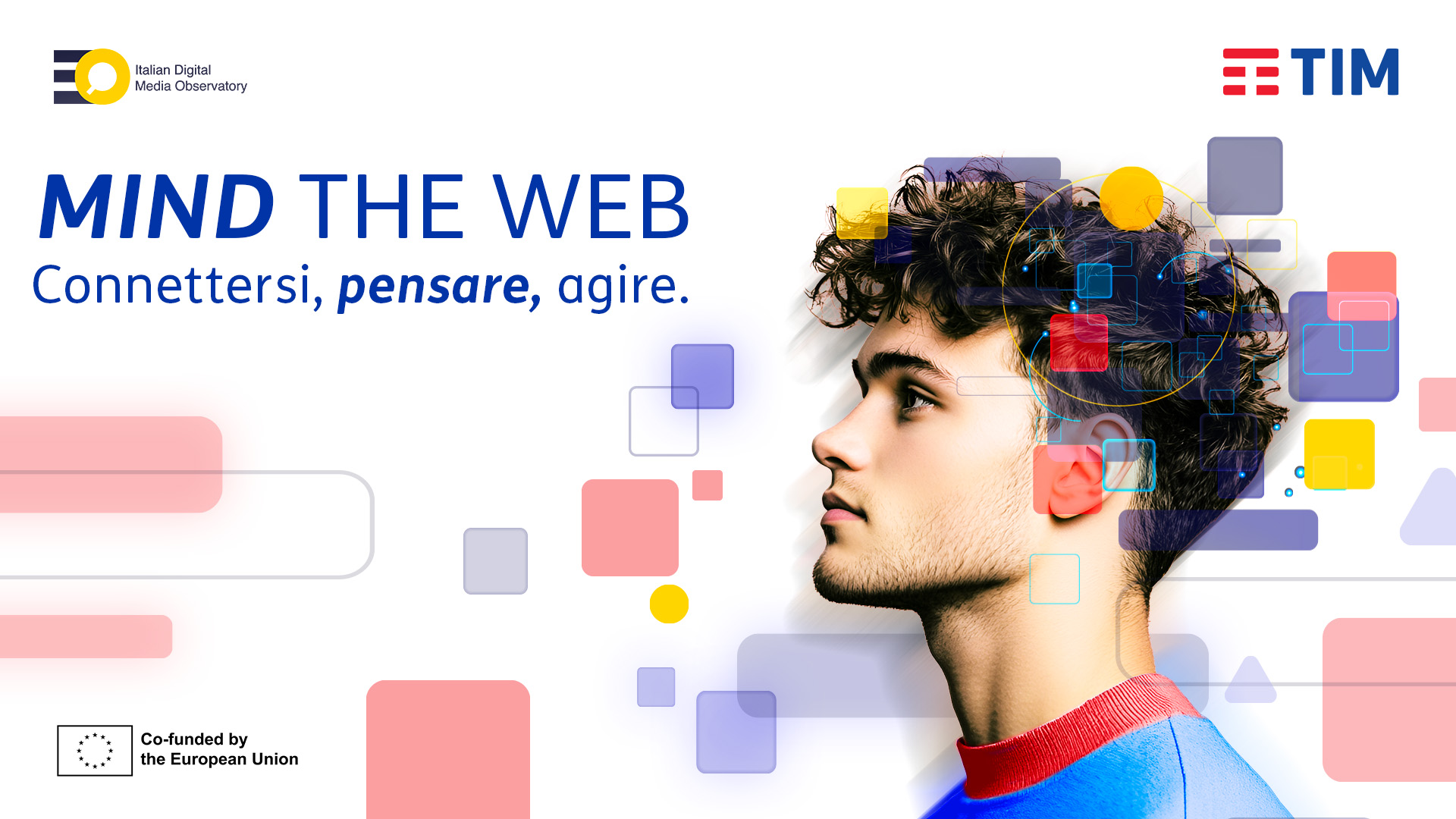«The LATIF tool is designed to empower fact-checking organizations by improving their decision-making processes and mitigating the risk of cognitive biases. For the first time, this tool incorporates the Analysis of Competing Hypotheses (ACH) methodology used by the intelligence community into the fact-checking domain».
This is how Elena Musi, Senior Lecturer in Communication and Media at the University of Liverpool, where she leads the MSc in Data Science and Communication program, explains the new LATIF tool. It is designed to support journalists and fact-checkers in analyzing the integrity of news.
A tool created to empower and improve the decision-making processes of fact-checking organizations, aiming for impartiality through a new generation of digital tools based on the Analysis of Competing Hypotheses (ACH).
The new tool is developed as part of the LATIF research project, “Leveraging Argument Technology for Impartial Fact-Checking,” funded by the European Media & Information Fund (EMIF).
The research project partners are Luiss Data Lab, T6 Ecosystems, the University of Liverpool, the University of Dundee, and the Italian Digital Media Observatory (IDMO). Researchers and journalists contributing to its creation include Livia De Giovanni, Gianni Riotta, Andrea Nicolai, Simeon Yates, Chris Reed, Elena Musi, Simona De Rosa, Lorenzo Federico, Mariavittoria Masotina and Federica Urzo.
This new digital infrastructure, created to train journalists and fact-checkers to improve the quality of contemporary information and enhance their ability to use technology in communication and media, will be presented to the public for the first time on Thursday, November 28. The event will take place online and can be followed from 2:00 PM to 4:00 PM, after registering on the website.
The presentation event for the new LATIF tool, designed to support journalists and fact-checkers in analyzing the veracity of news. Elena Musi, Senior Lecturer in Communication and Media at the University of Liverpool, will open the discussion, explaining the motivations behind the project’s development. Her presentation will be followed by contributions from professor of Computer Science and Philosophy Chris Reed at the University of Dundee and the co-founder of T6 Ecosystems, Simona De Rosa who will elaborate on the tool’s main features and innovations. During the event, students from the Luiss International Master in Journalism will be able to test the new tool in preview.



